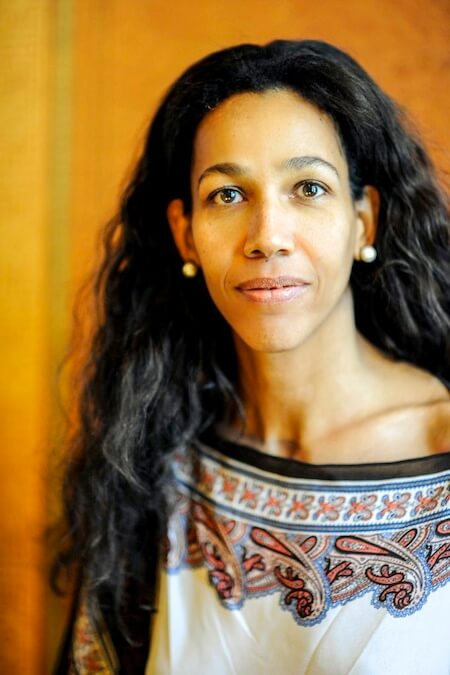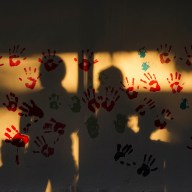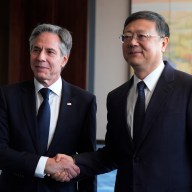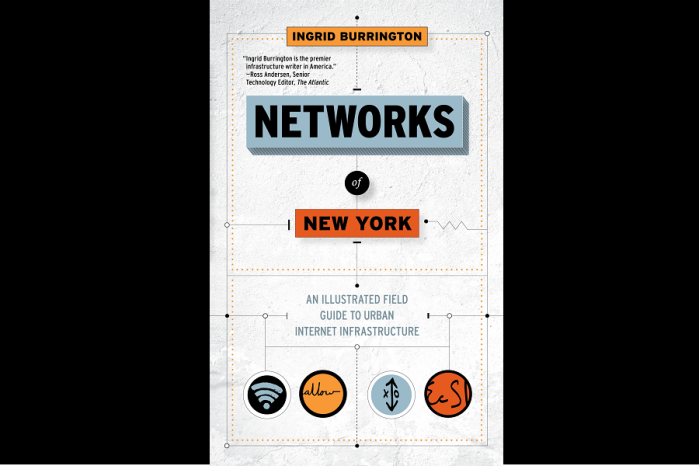Growing up in her adoptive family, Jennifer Teege knew very little about her biological familial background. Her adoption was open, so she knew the names of her mother and father, but she had very little information beyond that. It wasn’t until decades later as a grown adult, that she happened to pull a library book off the shelf, opened it and saw photos of her mother and grandmother. She also shockingly discovered that her grandfather was Amon Goeth, the Nazi commandant who was played by Ralph Fiennes in “Schindler’s List.” We talk to Teege about her journey of self-discovery: Do you think growing up in an adoptive family made you more curious about your family history than you would have been otherwise?
I think in general, when you’re adopted, there’s a piece missing so you always want to find out more. In my case, I was so obviously [adopted] because of the color of my skin; I looked different from my adoptive family. So there was a part of my identity that I needed to explore. What was it like finding the book, when you discovered this big family secret?
It was a two-fold shock. First, I had this book in my hand about my mother and I hadn’t seen my mother in many, many years. Suddenly this book was telling [a story about] my mother I had no knowledge about. The second shock was actually reading the book and learning about her, my grandmother and my grandfather. After finding the book, you started researching even more and eventually even reconnected with your mother. What prompted you to keep digging?
That’s my personality. It was impossible for me to stop. I think finding out the truth is something someone should do. If feelings come up, you can’t just put them in a closet. It will haunt you or come back to you, like a boomerang. What was it like reconnecting with your mother?
It took me a year and a half to actually contact my mother because in the very beginning I was angry. Not only did my mother never tell me that this book existed, I wasn’t even in it. But over time, I realized my mother was like this because of her past and upbringing. My mother suffered from the past even more than me because my grandfather was her father. But I think it’s important to acknowledge this feeling of anger because if you pretend it’s not there, it will always come back. Have you had any memorable responses to the book?
So many. It was important to me that the book was published in Israel and when that happened, people received me with open arms. I got a chance to meet with survivors [of the Holocaust] and that was a very important step in my journey. Also, the book is widely talked about in Germany, a place where the Holocaust is not widely discussed. But I don’t feel the need to connect to other descendents of perpetrators. Dealing with that is very individual. I don’t let [my ancestry] define me. I can’t deny it, but it’s only one part.
A black woman discovers shocking Nazi roots

Provided


















